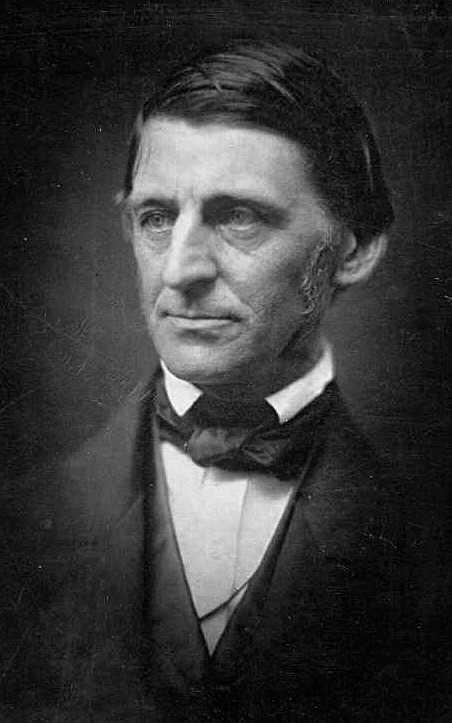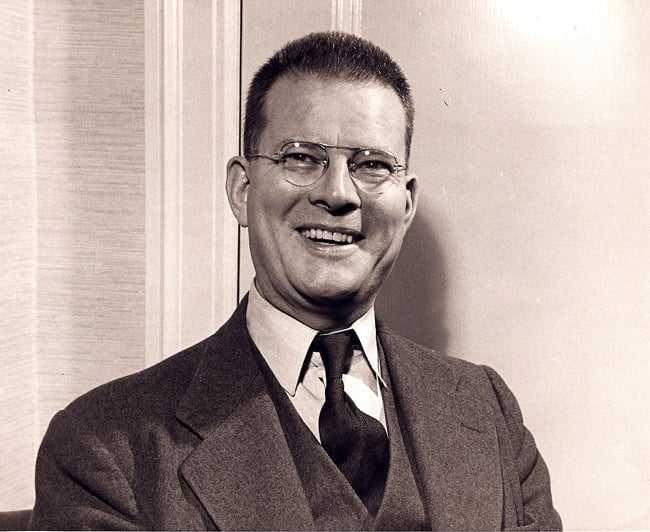Kai Z.'s Key Ideas from The 12 Week Year
by Brian P. Moran, Michael Lennington
Ideas, facts & insights covering these topics:
16 ideas
·110K reads
1.1K
16
Explore the World's Best Ideas
Join today and uncover 100+ curated journeys from 50+ topics. Unlock access to our mobile app with extensive features.
Rethinking Time: Boost Your Performance In The Short Term
Forget about the 12 month year and instead focus on the 12 Week Year. Why? Because you can get more done in 12 weeks than in 12 months with the right mindset, goals, and strategy.
- To execute successfully, it is important to have a strong emotional connection to the outcome.
- Without a compelling reason to choose otherwise, most people will take comfortable actions over uncomfortable ones.
2.21K
15.4K reads
Creating Your Personal Vision
- The important actions are usually uncomfortable ones. And the secret to living up to your potential is to value the important stuff.
- Vision is the starting point of all high performance.
- Barriers to physical performance exist in the mind.
You must be clear on what it is you want to create. Most people focus primarily on their business or career, but business is just part of life, and it is actually your life vision that gives traction and relevance to your business
2.1K
10.9K reads
Envisioning Your New Future
To tap into the incredible power of a personal vision, you need a future that is bigger than the present. Your business vision needs to be anchored on your personal vision.
When things get hard the connection between your personal and business vision will help you to focus.
When you think about a compelling vision, the neurons that fire in your brain are the same neurons that fire when you act on your vision. What that means is that you can literally train your brain to act on your vision just by thinking about it.
2.04K
8.01K reads
A 12-Week Plan
Having an annual plan has the following benefits:
- It reduces mistakes
- It saves time
- It provides focus
Having a 12-week plan has three additional and distinct differences from annual planning:
- Is more predictable than 12-month planning. The further you set your plan in the future, the less predictable it becomes
- More focused. Annual plans have too many objectives and this can cause failure in execution
- More structured. Most plans are never implemented because they don’t have a good structure
2.15K
7.73K reads
The physical universe will not respond to your desires, no matter how passionate or intense they are. The one thing that moves the universe is action. An ounce of action is worth a ton of theory.
RALPH WALDO EMERSON
2.17K
8.9K reads
One Week At A Time
- The actions that we take create our long-term results. While we plan for the future, we act on the day.
- If you want to be truly effective, your daily activities must align with your long term vision, strategies, and tactics.
- A weekly plan will translate your 12-week plan into daily and weekly action. Your weekly plan should cover your strategies and priorities.
- Your long term and short term tasks and your commitments in the context of time.
2.04K
7.11K reads
Measuring The Effort: Scorekeeping
- Scorekeeping will provide you with a knowledge base that will guide decisions and lead to better performance and success.
- Scorekeeping will let you know whether what you are doing is effective.
- Measurement builds self-esteem and confidence because it documents progress and achievement.
- The data simply focuses on achievements. It is not concerned with effort or intentions.
1.99K
6.14K reads
Working With Intentionality
Your supply of time is completely inelastic and perishable.
When you are not purposeful about how you spend your time, you leave results to chance.
Block out regular time each week to deal with strategically important tasks. Examples of performance time:
- Strategic blocks. A three-hour block of uninterrupted time that is scheduled into each week
- Buffer blocks. Time set aside to deal with all the unplanned and low-value activities like email and voicemail
- Break out blocks. Time for resting and reflection
2.17K
5.76K reads
Accountability And Ownership
Accountability is accepting that you have a choice. That everything that you do in life is a choice. It is small thinking to see accountability as a have to rather than a choice.
With such a mentality you will only produce a minimum of results.
When you understand that true accountability is about choice and taking ownership of your choices, everything changes. You move from resistance to empowerment, from limits to possibilities, and from mediocrity to greatness.
2.03K
4.95K reads
Interest Vs Commitment
Commitments improve relationships, strengthen integrity, and build self-esteem. Commitment is a state of being bound emotionally and intellectually to a course of action.
The ability to keep commitments is fundamental to effective execution. The difference between interest and commitment is that we only do the things we are interested in when we feel like it. But with commitment, we make no excuses.
2.01K
4.82K reads
Keys To A Successful Commitment
- Strong desire. A clear and personally compelling reason will make you do things
- Keystone actions. A few core activities account for a majority of your results
- Count the costs. Counting the costs means being ready to commit time, resources, and so on
- Act on commitments, not feelings. If you learn to do the things that you need to do despite your feelings, you will surely be successful
2.07K
4.64K reads
Be Here Now
To achieve life balance, you need to be purposeful in how you spend your time, energy, and effort.
- When our attention is spread over various subjects and conversations, we apply very little of ourselves to any individual activity. This can result in feelings of being burned out, exhausted, frustrated, and disconnected.
- To make the most of your time, be present in the moment. Your thinking will be clear, and decisions will come easily.
- You can neither change the past nor act in the future. All you have is the eternal, right now.
2.02K
4.11K reads
The Execution System
The eight elements that are fundamental to high performance are:
- Vision
- Planning
- Process control
- Measurement
- Time use
- Accountability
- Commitment
- Greatness in the moment
Applying the 12 Week Year will be uncomfortable because change is uncomfortable.
2.13K
5.09K reads
Changing Behaviour: The Five Stages
- Uninformed optimism. This is the first stage and the most exciting as we imagine all the benefits that we are going to get from the change.
- Informed pessimism. This stage is characterized by a shift into negative emotions.
- The valley of despair. Most people give up at this stage. They abandon the reason they wanted to change in the first place
- Informed optimism. The likelihood of success at this stage is higher. The benefits of your actions start to bear fruit
- Success and fulfilment. This is the stage where you complete the cycle and enjoy the full benefits of the change process.
2.09K
4.21K reads
Creating Your Vision
When creating your vision, focus on three-time horizons:
- Long-term aspirations.
- Mid-term goals about three years to the future.
- 12 weeks.
Pitfalls when creating a vision:
- You don’t take the power of vision seriously.
- The vision isn’t meaningful to you.
- Your vision is too small.
- You don’t connect your vision to your daily actions.
2.07K
5.08K reads
IDEAS CURATED BY
Kai Z.'s ideas are part of this journey:
Learn more about productivity with this collection
How to break bad habits
How habits are formed
The importance of consistency
Related collections
Different Perspectives Curated by Others from The 12 Week Year
Curious about different takes? Check out our book page to explore multiple unique summaries written by Deepstash curators:
1 idea
Brandon Black's Key Ideas from The 12 Week Year
Brian P. Moran, Michael Lennington
6 ideas
Courtney Abbott's Key Ideas from The 12 Week Year
Brian P. Moran, Michael Lennington
Discover Key Ideas from Books on Similar Topics
Read & Learn
20x Faster
without
deepstash
with
deepstash
with
deepstash
Personalized microlearning
—
100+ Learning Journeys
—
Access to 200,000+ ideas
—
Access to the mobile app
—
Unlimited idea saving
—
—
Unlimited history
—
—
Unlimited listening to ideas
—
—
Downloading & offline access
—
—
Supercharge your mind with one idea per day
Enter your email and spend 1 minute every day to learn something new.
I agree to receive email updates


